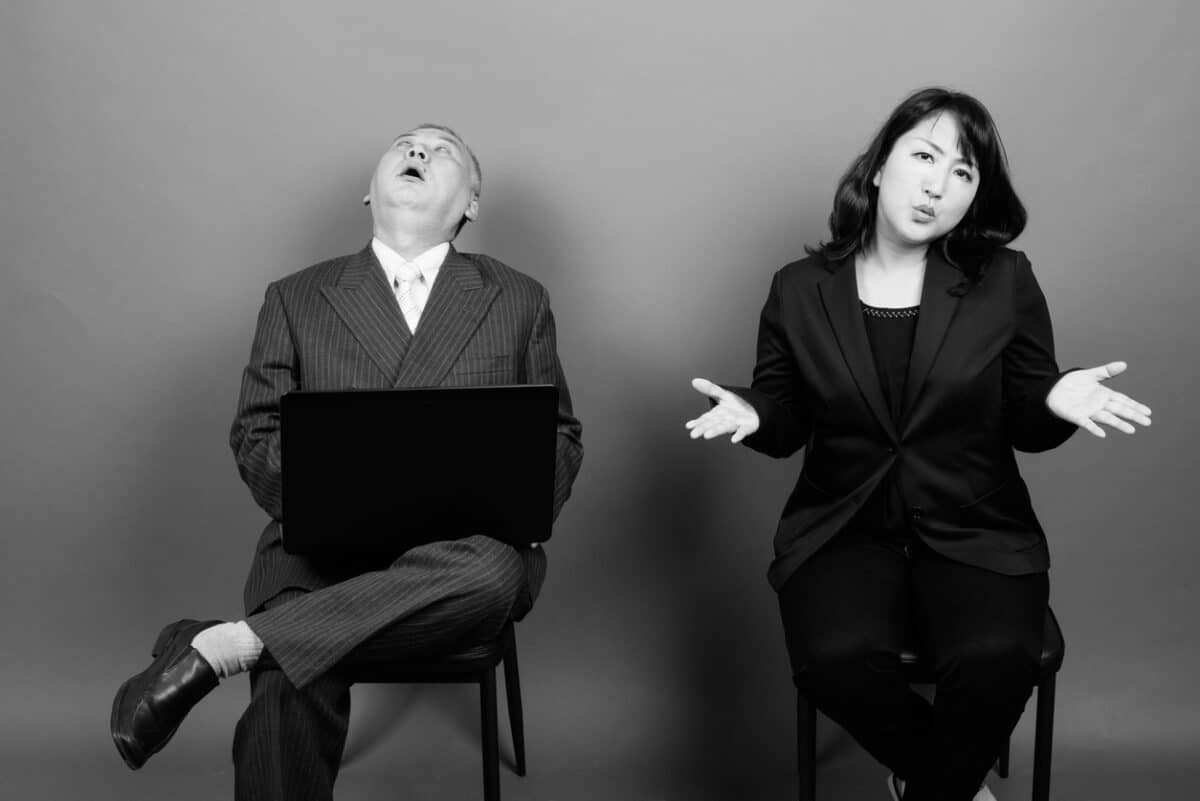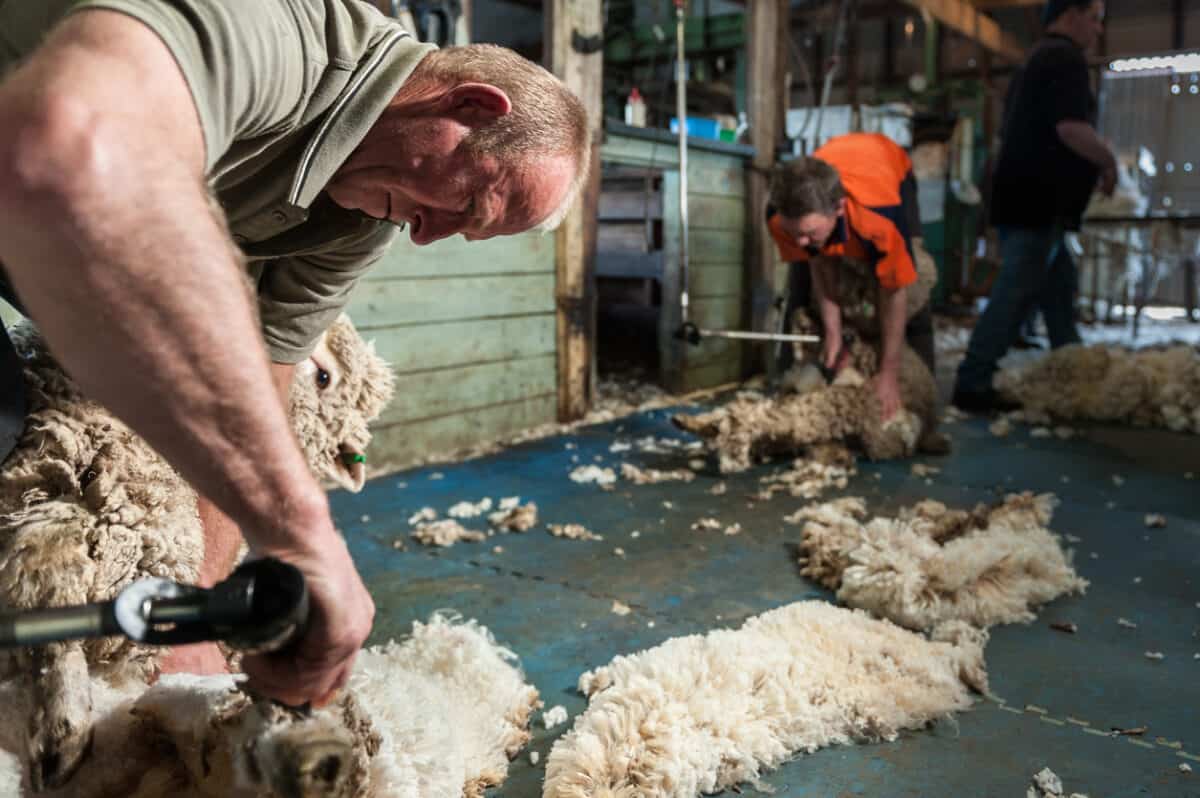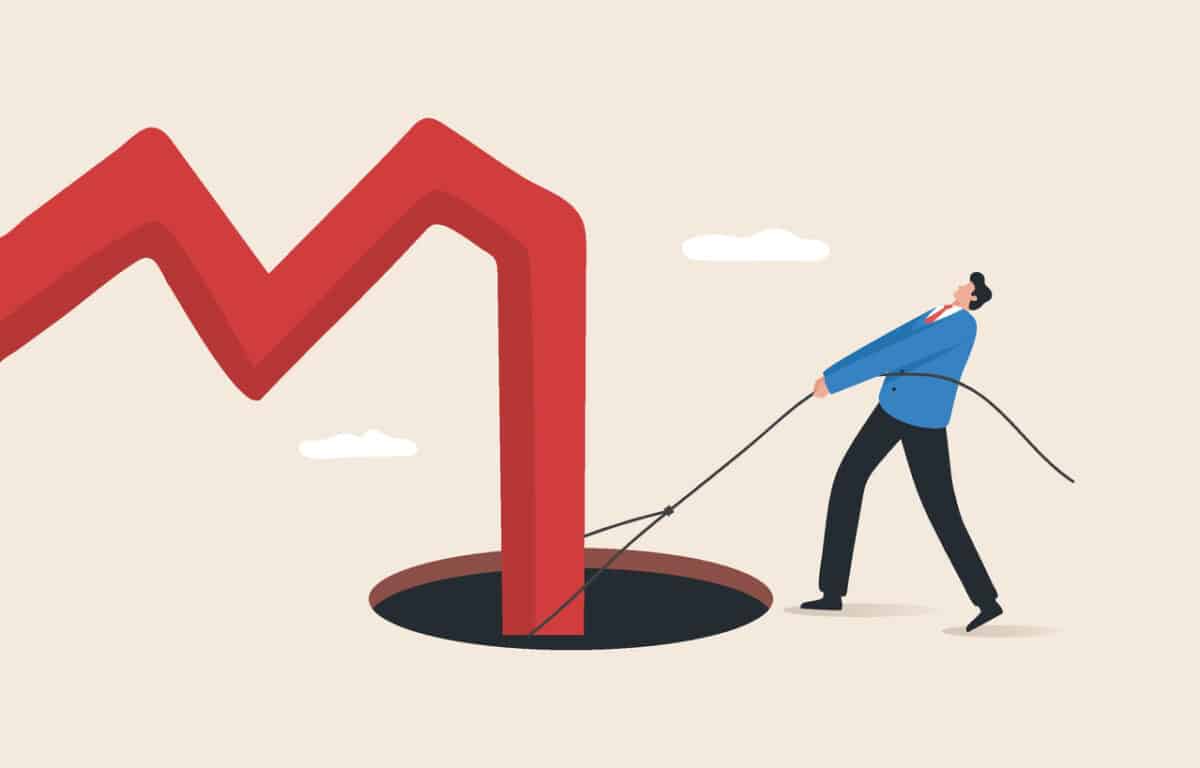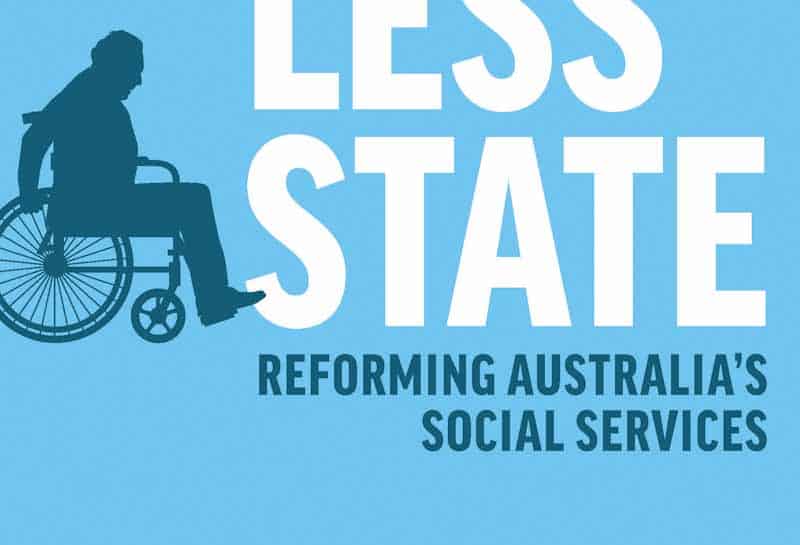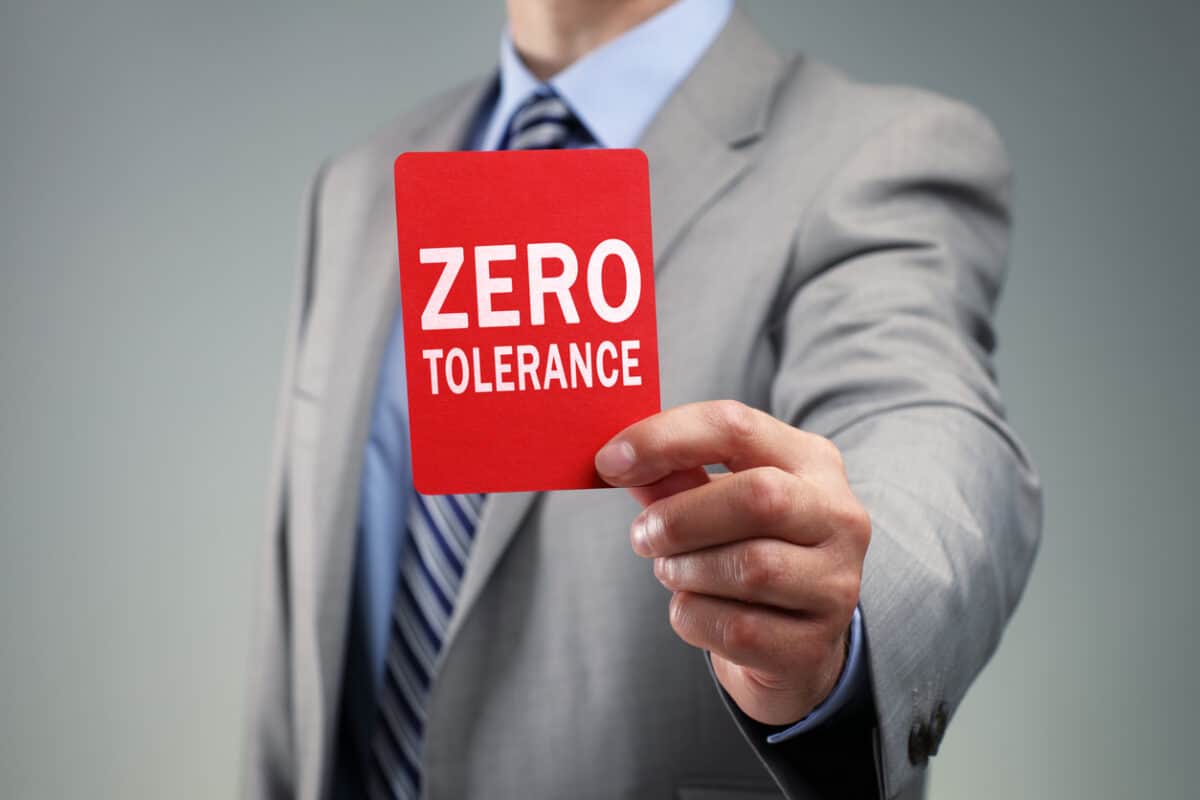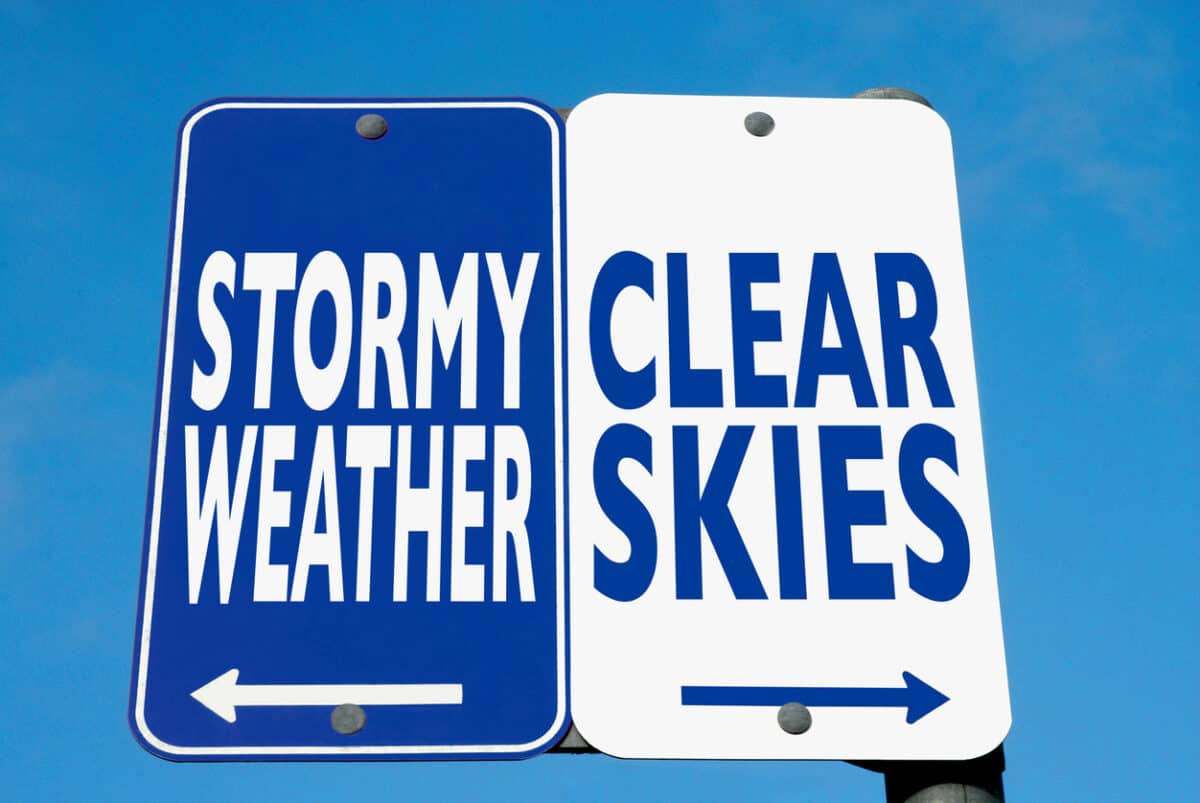Consulting firm KPMG has released its annual survey report on the concerns of corporate executives called “Keeping us up at night – The big issues facing business leaders in 2023”. Occupational health and safety (OHS) fails to get a mention. (So much for the attitudinal impact of Industrial Manslaughter laws!) But then neither does “mental health” nor “sexual harassment“.
The KPMG report may accurately reflect executive priorities, but it may also reflect a denial of reality.

